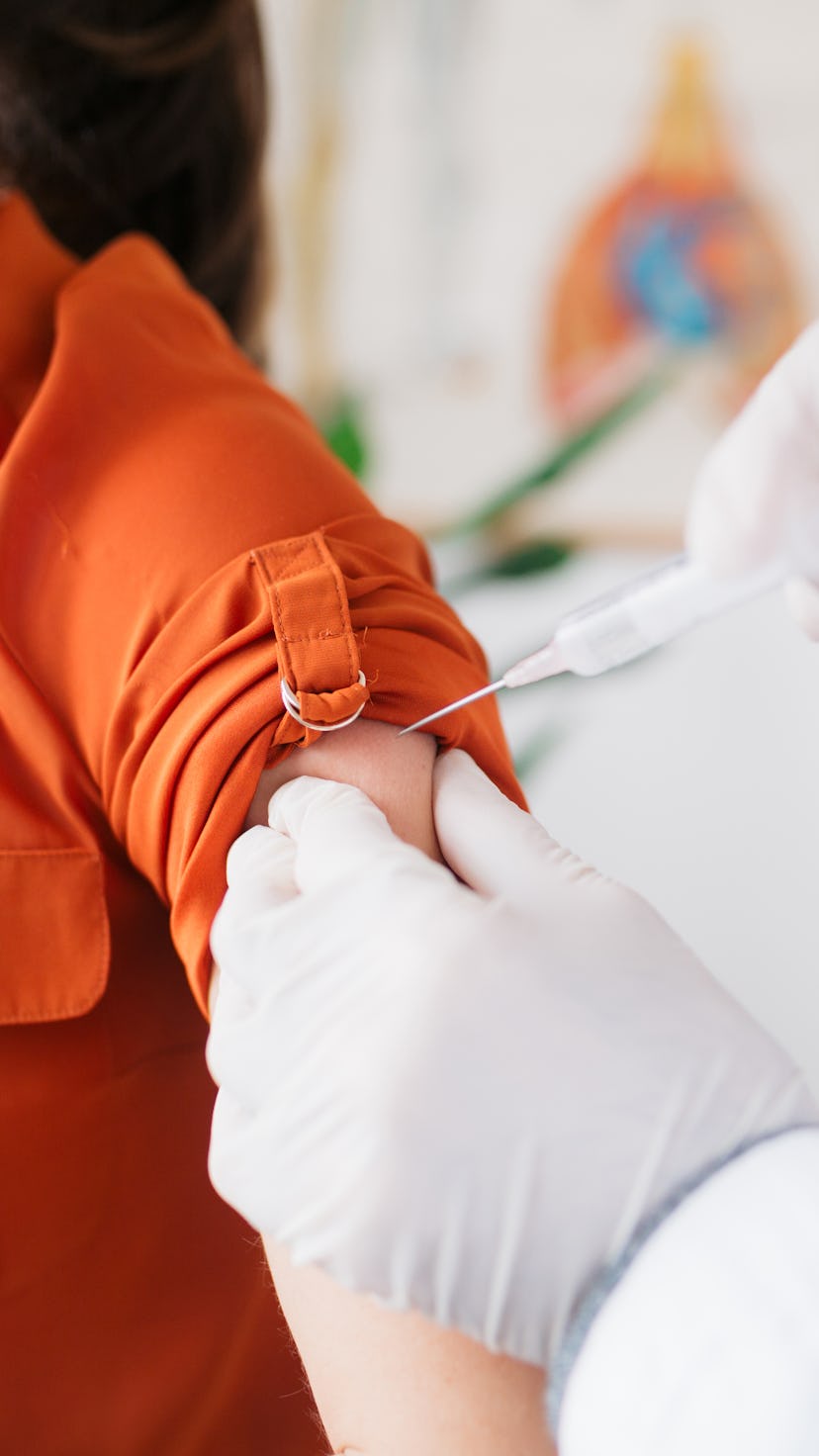Juanmonino/E+/Getty Images
With the vaccine rollout in full swing, it can hard to keep track of all the new developments that are still happening behind the scenes. Here's the COVID vaccine news you might have missed from this week.
Alex Wong/Getty Images News/Getty Images
Dr. Anthony Fauci, director of the National Institute of Allergy & Infectious Diseases, told TODAY on Feb. 11 that April would be "open season" for vaccines, as everybody in the U.S. could likely apply for one then.
Sergei Fadeichev/TASS/Getty Images
The Centers For Disease Control & Prevention (CDC) said Feb. 10 that if you're been fully vaccinated, you don't need to quarantine for 14 days after exposure to somebody with COVID, as long as you fulfill a few conditions.
Anadolu Agency/Anadolu Agency/Getty Images
You need to have had your second dose over two weeks ago, but within the past three months. If you develop symptoms after meeting the COVID-positive person, however, you will need to quarantine and get tested.
SAUL LOEB/AFP/Getty Images
President Joe Biden said on Feb. 11 that the U.S. would have 300 million more vaccine doses by July, thanks to new distribution agreements, per the Washington Post. That will be enough for every adult to get at least one dose.
LISELOTTE SABROE/AFP/Getty Images
South Africa suspended its AstraZeneca vaccination program, per the Washington Post, after it was shown to be "minimally effective" against the new South African COVID variant. It showed only 10% protection against mild and moderate cases.
PeopleImages/E+/Getty Images
But the World Health Organization (WHO) recommended the AstraZeneca jab on Feb. 10, the BBC reports, even in countries where COVID variants were rampant, saying it was the best option available.
LISELOTTE SABROE/AFP/Getty Images
The WHO also said that spacing out the timing between each dose of AstraZeneca appeared to make it more effective. They recommended giving the second dose eight to 12 weeks after the first.
Dan Kitwood/Getty Images News/Getty Images
AstraZeneca said in a statement on Feb. 11 that producing updated vaccines that could target the South African and U.K. variants of COVID could take six to nine months.
PonyWang/E+/Getty Images
That could be a worry, as Professor Sharon Peacock, who heads the UK's genetic surveillance program, told BBC News on Feb. 11 that the British COVID variant is set to "sweep the world."
Mehmet Hilmi Barcin/E+/Getty Images
Vaccines are working: the University of Oxford's Centre for Evidence Based Medicine found that vaccines are lowering death rates among the people most vulnerable to COVID, per Sky News. Pfizer's vaccine shows strong effectiveness against both new variants.
JENS SCHLUETER/AFP/Getty Images
The analysis, based in the U.K. where 59% of people over 80 have been vaccinated, found that deaths in COVID patients over 80 had dropped by about a third since early January. COVID mortality rates in the U.S. are also dropping, according to Johns Hopkins University data.
